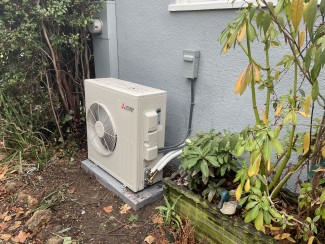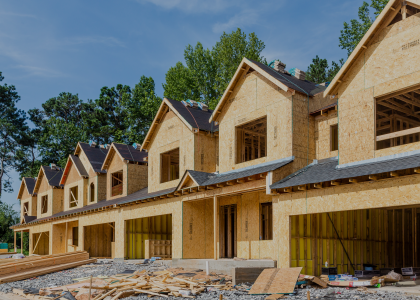A new nationwide survey found that among those interested in transitioning their homes from fossil fuels to efficient electric systems, the most common reasons are the environment, health and safety, and energy efficiency. The American Council for an Energy-Efficient Economy (ACEEE) surveyed nearly 2,000 U.S. homeowners and renters about their interest in electrifying their home heating, hot water, and cooking appliances.
Ease of cleaning was a major selling point for electric cooktops. People with childhood experience with electric systems are more likely to want to switch to electric appliances, and those who believe in climate change are nearly twice as likely to want to make the switch. Consumers in these demographics could be most receptive to electrification incentive programs sponsored by utilities and others.
“Fossil fuels are used to heat about half of U.S. homes, so switching from furnaces and boilers that burn methane gas, oil, or propane is critical to meeting climate targets,” said Reuven Sussman, lead author of the report and director of ACEEE’s behavior, health, and human dimensions program. “Attitudes about switching from fossil fuels to efficient electric systems are net positive, but not strong enough to move most Americans at the pace needed. Targeting the right audiences with the right messaging about the benefits of making the switch will go a long way to advance electrification initiatives.”
For home heating and hot water, the top reasons respondents gave for wanting to switch are that electric options are safer, better for the environment, and more energy efficient. For cooking, the top reason for choosing to switch to electric appliances was a belief that electricity is better for the environment, with the second most common reason being that electric stovetops are easier to clean. People interested in making the switch are about 50% more likely to have childhood experience with electric stoves and ovens.
The survey found that people with electric lawnmowers or solar panels are between one-third more to more than twice as likely to want to transition to high-efficiency electric appliances for heating, hot water, and cooking, as shown in the chart below.
| Increased desire to switch to efficient electric systems among people with electric lawnmowers or solar panels | ||
| Electric lawnmower | Solar panels | |
| Home heating | 33% | 34% |
| Water heating | 32% | 80% |
| Cooking | 84% | 112% |
“People with electric lawnmowers and solar panels have demonstrated they’re more willing to try electric systems, and we believe their hands-on interactions led to positive experiences with electric technologies, making them more likely to want to use other efficient electric equipment,” Sussman said. “Providing consumers with hands-on experience—like programs to incentivize electric lawn equipment—can act as a gateway to additional electrification measures.”
One such initiative is run by Washington, DC’s Sustainable Energy Utility, which offers $75 rebates for electric residential lawn equipment.
Providing contractors with direct experience installing electric heat pump technology is critical as well because consumers often rely on contractors for advice on which kinds of heating, hot water, and cooking appliances to purchase and install. One such program, Philadelphia’s Heat Pump Lab, brings installers on site for hands-on training at all levels—from high school students to seasoned contractors—with a special focus on low-income residents.
People are most receptive to making the switch to electric appliances if they have aging or broken appliances, according to the survey, which also found that financial incentives are most effective when people are already shopping for new appliances. To encourage households to make the switch, electrification programs can educate contractors on available tax credits and rebates so they can share them with customers when appliances need replacement.
ACEEE surveyed a nationally representative sample of 1,801 adult U.S. homeowners and renters, asking about energy sources for home heating, cooling, cooking, water heating, clothes drying, and lawn equipment. The sample was representative of the U.S. population in terms of age, income, gender, homeownership, geographic distribution, home energy use, and political affiliation.



